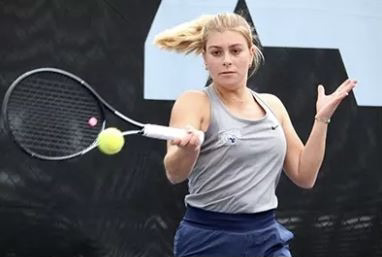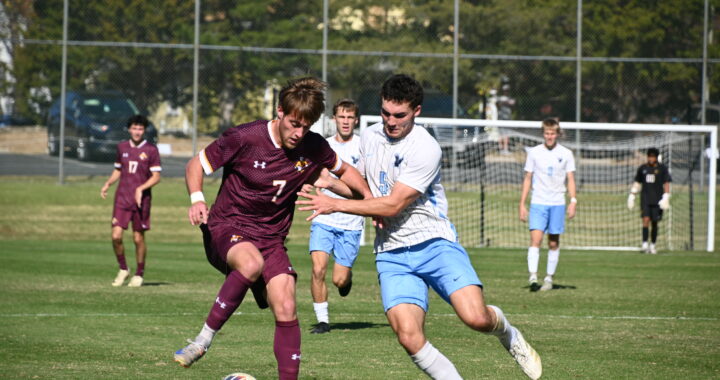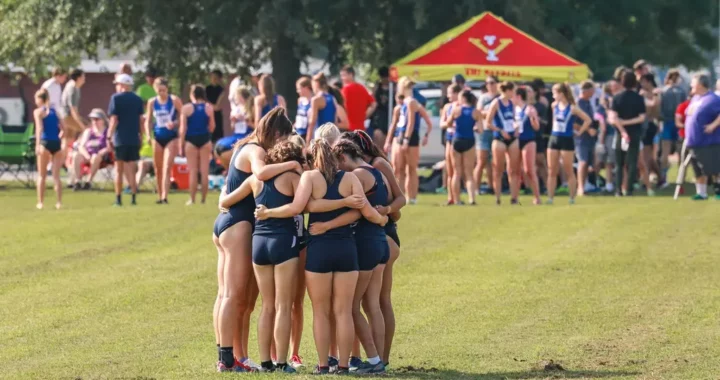NBA Award Show
5 min readThe NBA regular season commences Wednesday, and naturally with the season coming to an end the NBA awards debate thickens. So here are my picks for each of the six major awards, with a brief explanation of each selection.
Rookie of the Year: Blake Griffin
This pick really shouldn’t need much of an explanation. Griffin had far and away the most impressive numbers of any rookie, as he averaged 22.4 points, 12.1 rebounds, 3.7 assists, and shot over 50 percent from the field in his first NBA season. That doesn’t even take into account his countless jaw-dropping highlight dunks (do yourself a favor and mute the clip) that helped make him one of the most exciting players in the NBA, or the fact that he gave the Clippers organization a pulse for the first time in five years. Griffin gives the Clippers a legitimate franchise player who they can build a team around, and maybe even allow them to climb out from behind the Lakers shadow in future years. And no, I don’t care that he’s only a rookie on technicality; he is eligible for the award and thus the only logical selection.
Most Improved Player: Kevin Love
Love went from a good player in 2009-2010 (14 points, 11 rebounds, 2.3 assists on 45%from the field, 81.5% from the line, and 33% from three) to a phenomenal player in 2010-2011 (20.2, 15.2, 2.5, and 47%, 85%, and 41.7%). Love got in much better shape this season and greatly improved his shooting (especially his addition of the three-ball). He also had a ridiculous span of 53 straight double-doubles, breaking Moses Malone’s record of 51 since the NBA-ABA merged back in 1976. Sure, the Timberwolves were still garbage, but this in an individual award where team performance has no influence on the winner (unlike MVP). It’s not Love’s fault that Minnesota management has failed to put other pieces around him, and the front office ineptitude does not diminish the spectacular individual season that Love had.
Sixth Man of the Year: Lamar Odom
Odom started a good number of games, but like Griffin he still technically qualifies for the award he is up for, so he has to be the pick. Mr. Unbreakable averaged 14.3 points, 8.8 rebounds, and 3 assists per game, all while being very efficient (53.4% from the field and 39.2% on three-pointers). Odom is such a mismatch for opposing teams that he forces them to adjust their lineups to him, and other sixth man candidates (Jason Terry and Jamal Crawford) don’t help their team that way. Odom can also defend multiple positions for Los Angeles, and he is the Lakers’ only consistent bench production. When Odom ticks, the Lakers’ machine hums, so I’ll discount that disturbing/emasculating commercial previously posted and give him the award anyway.
Coach of the Year: Gregg Popovich
This was a really tough year to call this award. Tom Thibodeau for Chicago, Lionel Hollins for Memphis, Phil Collins for Philadelphia, and George Karl for Denver all deserve credit for the fantastic jobs they did with their respective teams this season. However, what Popovich did with the Spurs was remarkable. San Antonio was the 7th seed in the Western Conference a year ago, and jumped up to 61 wins (still two games to play) and the No. 1 seed in the West this season. The only additions to the Spurs rotation this year were a pair of 26-year old rookie-imports from Europe, as the main reason for the improvement was Popovich’s change of philosophy. The longtime defensive oriented coach embraced a faster paced offensive system because it better fit the players he had, and his decision to go outside his comfort zone worked marvelously.
Defensive Player of the Year: Dwight Howard
Howard is by far the best defensive big man in the NBA. D12 averages an NBA best 3.7 blocks+steals (2.4 blocks, 1.3 steals) and is the most intimidating interior presence in the league today. When you look at the rest of Orlando’s roster and see that Howard’s teammates are a bunch of guys who don’t even try to play defense, it becomes more apparent the type of defensive load Howard has to carry every night. Howard always has to cover the other team’s best low post scorer, help out on whatever big man the soft Ryan Anderson or undersized Brandon Bass is covering, and protect the paint from slashing guards who Orlando’s inept perimeter defenders can’t cover.
Most Valuable Player: Derrick Rose
Many pundits have harped on Rose as the MVP for most of the season. Naturally, I tried to find a different candidate to support and go against the grain, but in the end I just couldn’t deny what Rose has done this year. He’s the only player in the NBA who is top-10 in points per game and assists per game (25 and 7.9) and he also adds in solid rebound and steals numbers (4.1 and 1.1). Now Rose’s defense is closer to Steve Nash than Gary Payton, but all he contributes offensively and in terms of leadership make up for that hole.
What puts Rose over the likes of other MVP candidates such as LeBron James, Dwight Howard, and Kevin Durant is the way he carried the Bulls when his teammates went down. Rose led Chicago when they lost their main low post scorer, Carlos Boozer, for the opening 15 games of the season, and he again put the Bulls on his back when defensive anchor Joakim Noah missed 30-games right after Boozer returned. People thought Chicago would be a team who could make some noise in the Eastern Conference, but no one expected them to surge past the Celtics and Heat for the top spot in the East. Yet, contrary to preseason opinions, the Bulls have clinched the No. 1 seed in their conference, and a large part of that is because of Rose’s phenomenal season.
So while I’ll still debate Laker fans to the death that LeBron James is the best player in the NBA and has been for the past three seasons, this award is about most valuable. James fit that criteria the past two years, but while he’s still the league’s best player, Rose has earned the honor of most valuable. His numbers stack up to make him a worthy candidate regardless, but his intangibles put him over the top.


